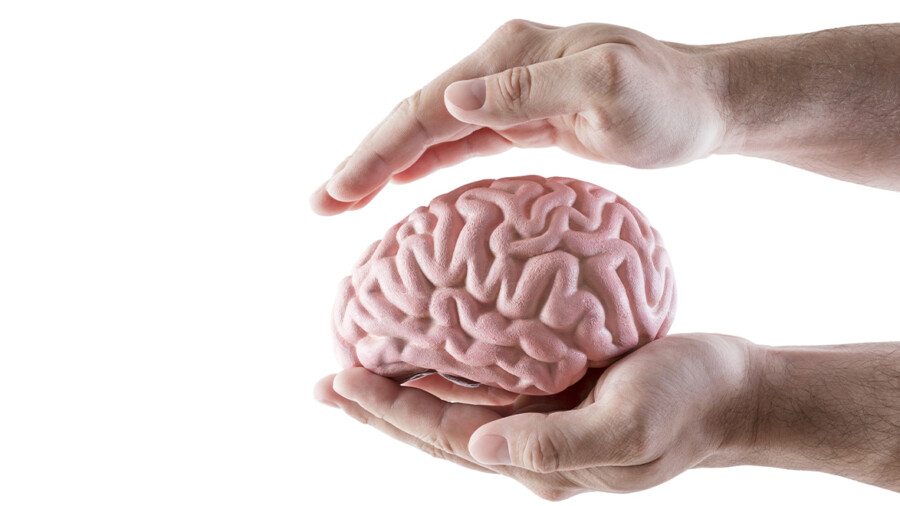
As we age, our cognitive abilities may naturally decline. However, there are several ways that we can protect our brain health for the long term. By adopting a healthy lifestyle, engaging in mental stimulation, and minimizing risk factors, we can support our cognitive function and prevent cognitive decline. In this article, we will explore these strategies in detail to help you protect your brain health.
A healthy lifestyle is crucial for protecting brain health. A nutritious diet, regular physical activity, and sufficient sleep are all essential components of a healthy lifestyle.
Diet: A diet rich in fruits, vegetables, whole grains, lean proteins, and healthy fats such as Omega-3 fatty acids can provide our brain with the nutrients it needs to function at its best. Omega-3 fatty acids, in particular, have been found to improve cognitive function and reduce the risk of cognitive decline. In addition, limiting our intake of saturated and trans fats can also help protect brain health.
Physical activity: Exercise is also an important aspect of brain health. Regular physical activity can increase blood flow to the brain, which can promote the growth of new neurons and enhance cognitive function. Exercise has been found to improve memory, attention, and other cognitive functions.
Sleep: Sufficient sleep is also essential for brain health. Sleep plays a crucial role in consolidating memories and learning. Chronic sleep deprivation can have negative effects on cognitive function, including impairments in attention, memory, and decision-making.
Mental stimulation is another key aspect of brain health. Activities that challenge the brain can help to keep it active and sharp, reducing the risk of cognitive decline.
Reading: Reading is a great way to engage the brain. It can improve cognitive function and may reduce the risk of cognitive decline. Reading can also reduce stress and improve mental health.
Playing games: Games that require strategic thinking, problem-solving, or memory can also be beneficial for brain health. Examples include crossword puzzles, Sudoku, and chess.
Hobbies: Engaging in hobbies can also help to keep the brain active. Hobbies that involve learning new skills or engaging in creative pursuits, such as painting or playing a musical instrument, can be particularly beneficial.
Social interaction and emotional support are also important for maintaining brain health. Social isolation and loneliness have been linked to cognitive decline and dementia.
Social interaction: Interacting with others can help to keep the brain active and engaged. Activities such as volunteering, joining a club, or participating in group activities can provide opportunities for social interaction.
Emotional support: Emotional support is also important for brain health. Emotional stress can have negative effects on cognitive function. Seeking support from friends, family, or a mental health professional can help to reduce stress and promote brain health.
Managing risk factors that can contribute to cognitive decline is also important for brain health. Several risk factors have been identified, including high blood pressure, diabetes, and smoking.
High blood pressure: High blood pressure can damage blood vessels in the brain, which can increase the risk of cognitive decline. Managing blood pressure through medication, diet, and exercise can help to protect brain health.
Diabetes: Diabetes can also increase the risk of cognitive decline. High blood sugar levels can damage blood vessels in the brain and contribute to the development of dementia. Managing diabetes through medication, diet, and exercise can help to protect brain health.
Smoking: Smoking is another risk factor for cognitive decline.